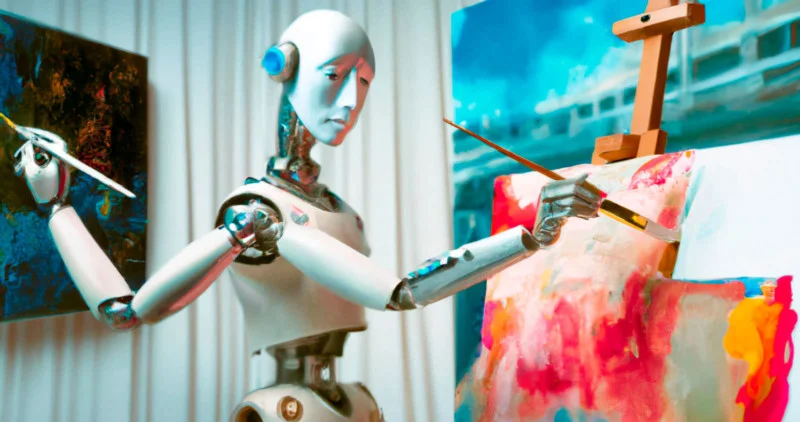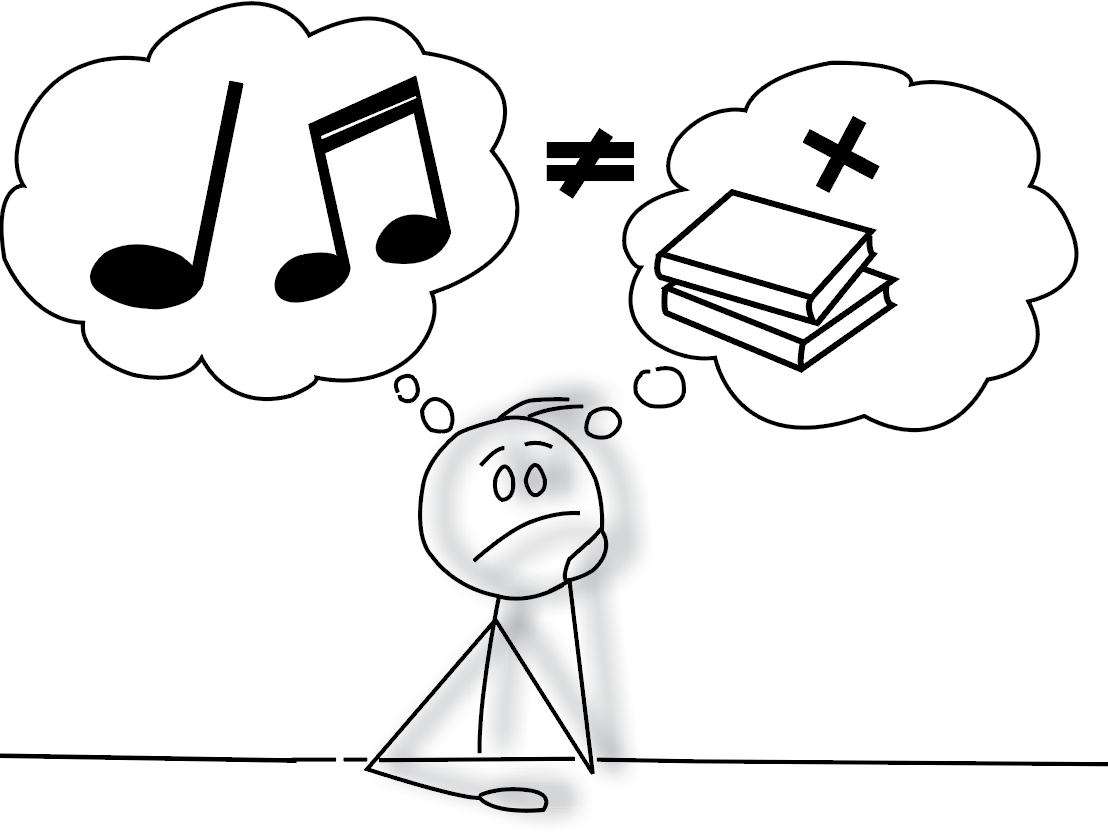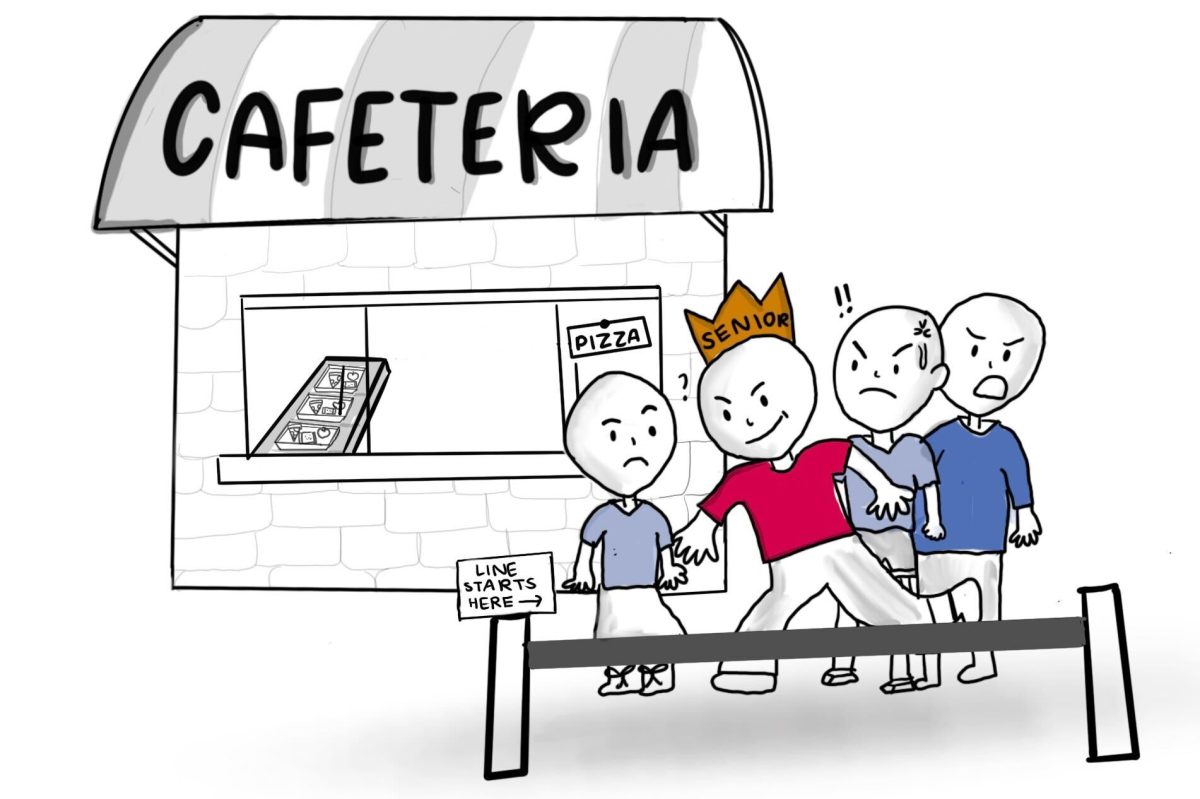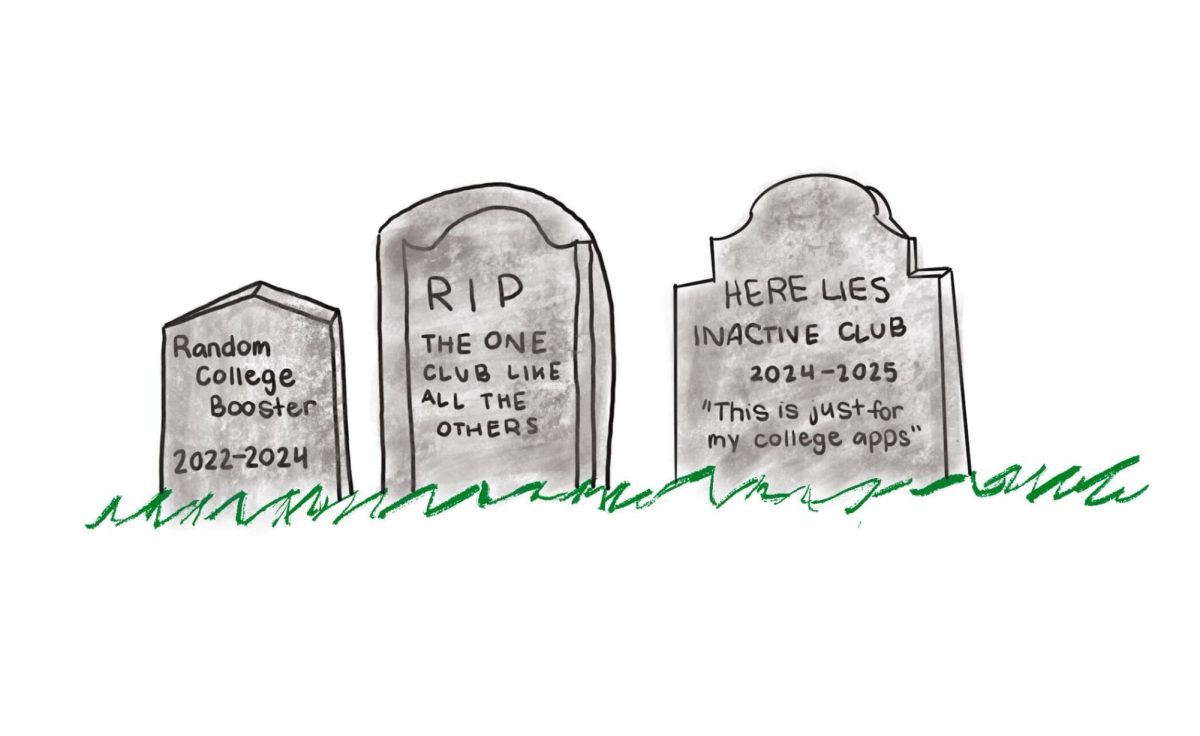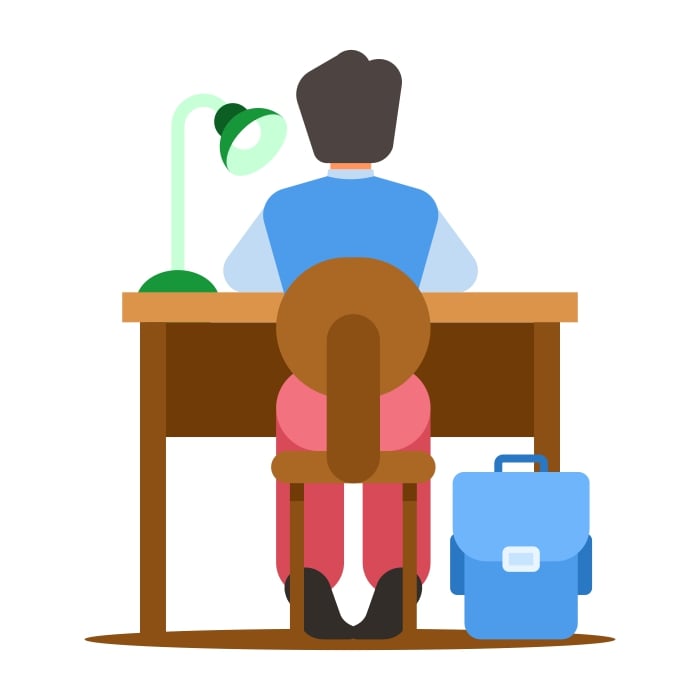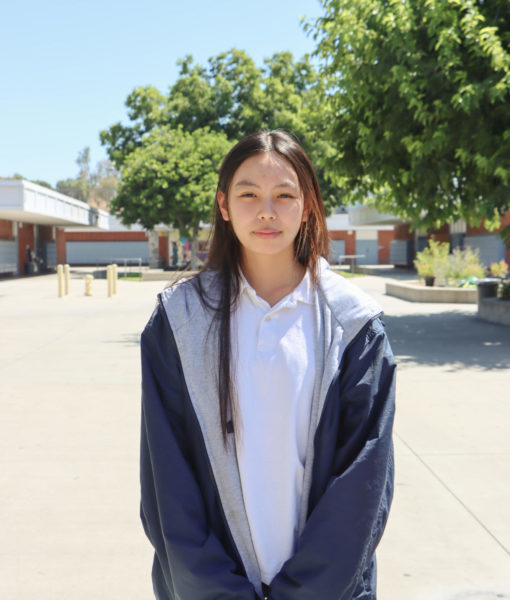As more innovations are made in the field of artificial intelligence (AI), its usage has spread beyond the initial fields of basic calculations and writing to more creative fields such as gaming, art, music and film-making. However, should works and creations completed with the aid of AI still be counted as original? If so, to what degree will the usage of AI on a project render it unoriginal?
AI has emerged as a powerful tool; from simplifying daily tasks to revolutionizing industries, AI’s capabilities seem boundless. Yet, as its integration extends into creative domains, questions regarding the authenticity and originality of AI-assisted works arise.
The allure of AI lies in its ability to streamline processes and generate content efficiently. For instance, developers harness AI algorithms to craft immersive experiences from character interactions to dynamic environments. Propelled by AI-driven narratives and strategic gameplay, graphics burst to life. Amid the clash of digital swords and the tick of damage effects, a fundamental query of whether AI-generated content can be labeled as original emerges.
At the heart of this debate lies the essence of creativity itself. Traditionally, creativity has been synonymous with human ingenuity — a product of imagination, intuition and emotion. If we would still consider a painting or sculpture constructed with tools such as paint brushes or a chisel authentic, then creative ideas actualized with the aid of AI should still be considered original. I still think that true creativity stems solely from human consciousness, but I would also agree that AI possesses the capacity to innovate and inspire in its own right.
The crux of the matter lies in striking a delicate balance between innovation and authenticity. While AI undoubtedly enhances productivity and expands creative horizons, its role should complement rather than overshadow human creativity. In gaming, for instance, AI algorithms can serve as invaluable aids, while the creative vision and artistic direction ultimately spring from human imagination.
Similarly, in educational settings, the ethical use of AI hinges on fostering a culture of critical thinking and original expression. Consider the scenario of students grappling with academic assignments. The temptation to rely on AI for assistance looms large. As students navigate the fine line between academic integrity and technological convenience, it becomes clear that AI-supported work is acceptable as original, but only when AI is used to a certain degree, where a creator’s ideas are further perfected with consideration to ethical ramifications such as integrity, honesty and responsibility. True learning occurs through the synthesis of knowledge, the cultivation of unique perspectives, and the exploration of diverse ideas. While AI-powered tools may expedite research and facilitate learning, students must remain vigilant against the temptation to pass off AI-generated content as their own.
As we navigate the ever-shifting landscape of AI integration, it becomes increasingly clear that originality transcends mere novelty or technical prowess. Originality embodies the essence of human experience made by the merging of thoughts, emotions and experiences that shape our creative endeavors. While AI may augment our creative processes, it is the depth of emotion that imbues our works with authenticity and meaning. We should utilize AI only as a catalyst for innovation but never let it overtake the intricacy of human creation.

